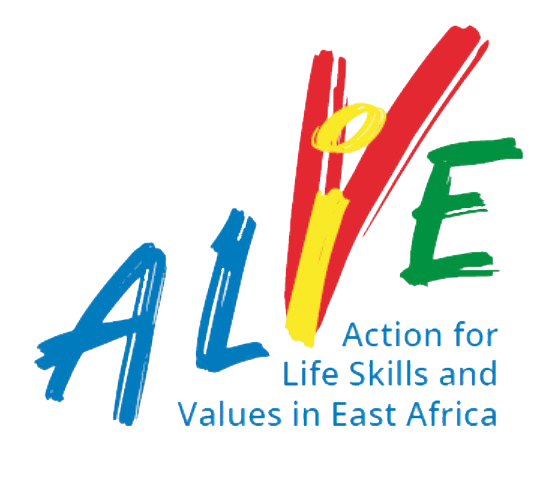According to the study, which involved 17,276 young people aged between 13 and 17 from 20 counties, only five percent of respondents were able to justify solutions or identify multiple approaches to solving a problem to be considered at the proficient level. “The results show that most adolescents are not functioning at a particularly high level in the skills and values assessed. There are adolescents who are performing at a very high level, indicating that such performance is well within the achievable range for the 13-17 age group. There is still a lot of work to be done in the education sector to bring more of this age group to higher levels of functioning,” the report says.
In a recent study conducted by the Assessment of Life Skills and Values in East Africa (ALiVE), it was discovered that only 2% of Ugandan adolescents are proficient in problem-solving. Shocking, isn’t it? Proficiency in this context means that the adolescents are able to recognise existence of a problem from different perspectives, understand that there may be multiple solutions, be able to evaluate the alternatives and then select what they think could be the best solution. Read full blog
The Uasin Gishu Youth Initiative with Zizi Afrique Foundation, a local non-governmental organisation organised a successful dissemination of a report on the assessment of life skills and values (ALiVE) among teenagers in Eldoret. The initiative seeks to enhance Kenyan education systems among school-going children within the age of 13-17 years by equipping them with the skills and values for learning, living and for working. Speaking during the report launch, ZiZi Afrique Uasin Gishu County Coordinator Joshua Kemboi, said the skills include problem-solving, collaboration, self-awareness, and respect, with literacy and digital literacy as additional areas. The coordinator said that in order to promote early childhood development, the national curriculum should emphasize the development of life skills and values as there has been less emphasis on life skills and values. “We need to incorporate life skills and values in the curriculum from pre-primary to university level to churn out a graduate ready for the job market,” he said. Read full blog


